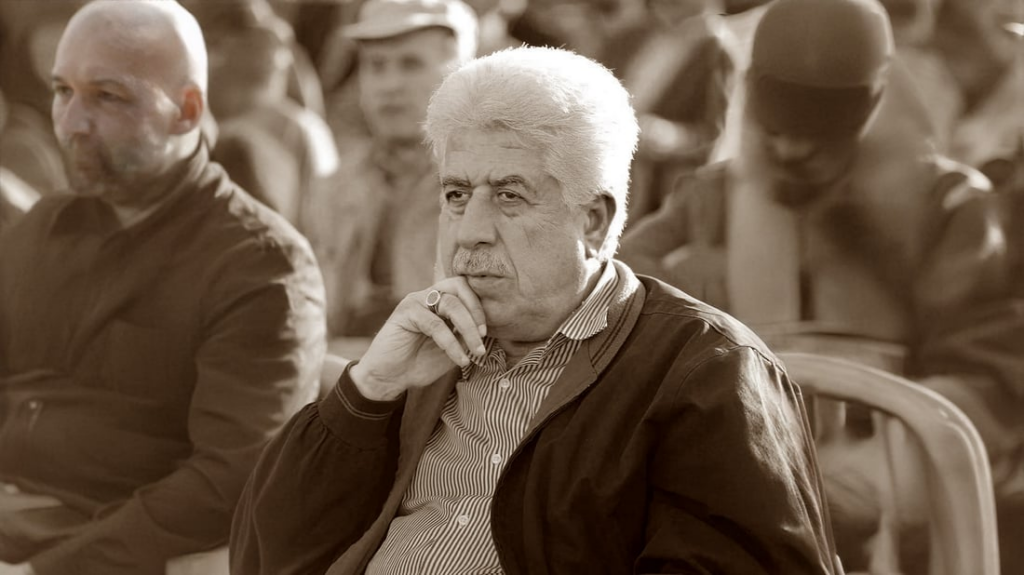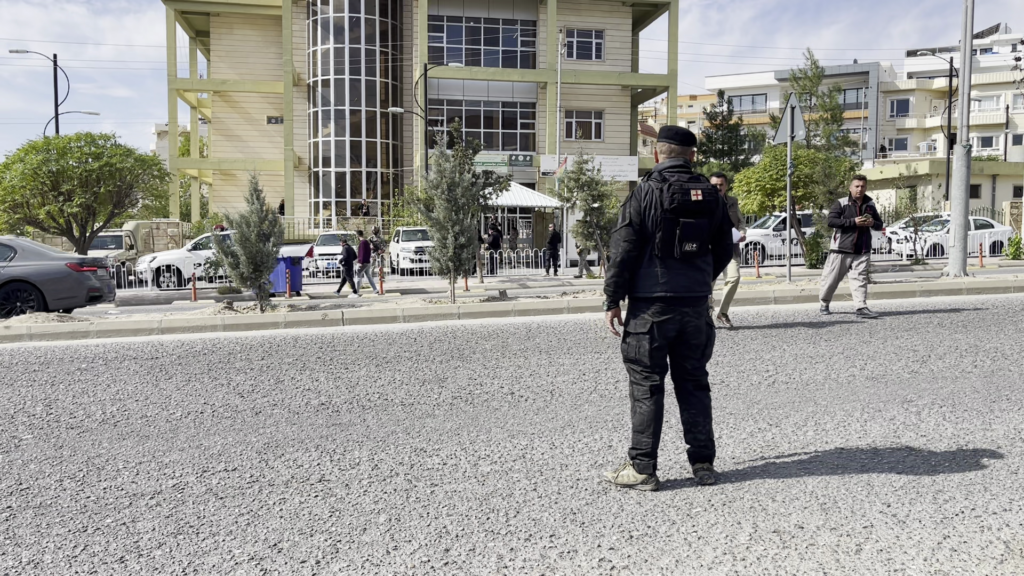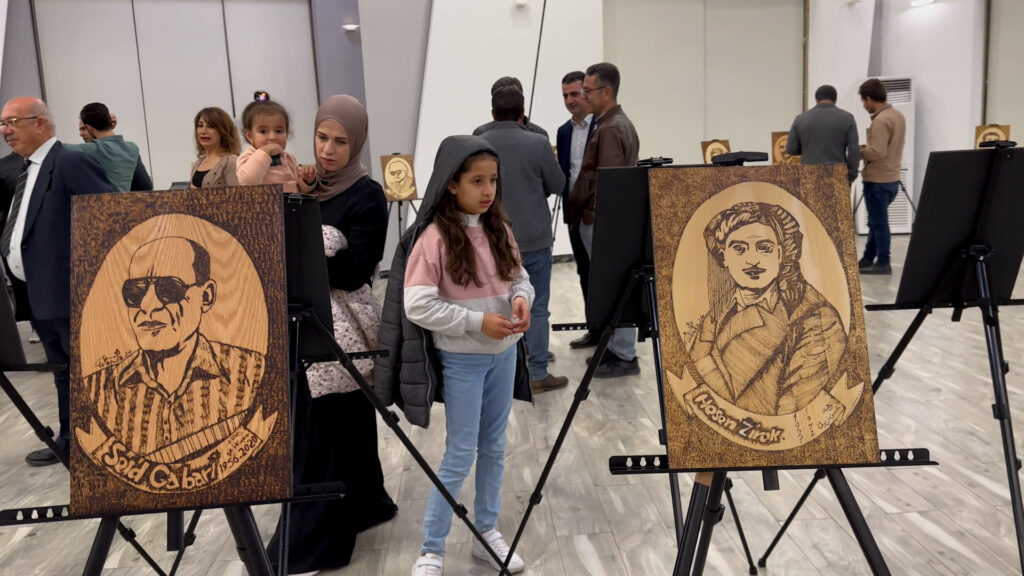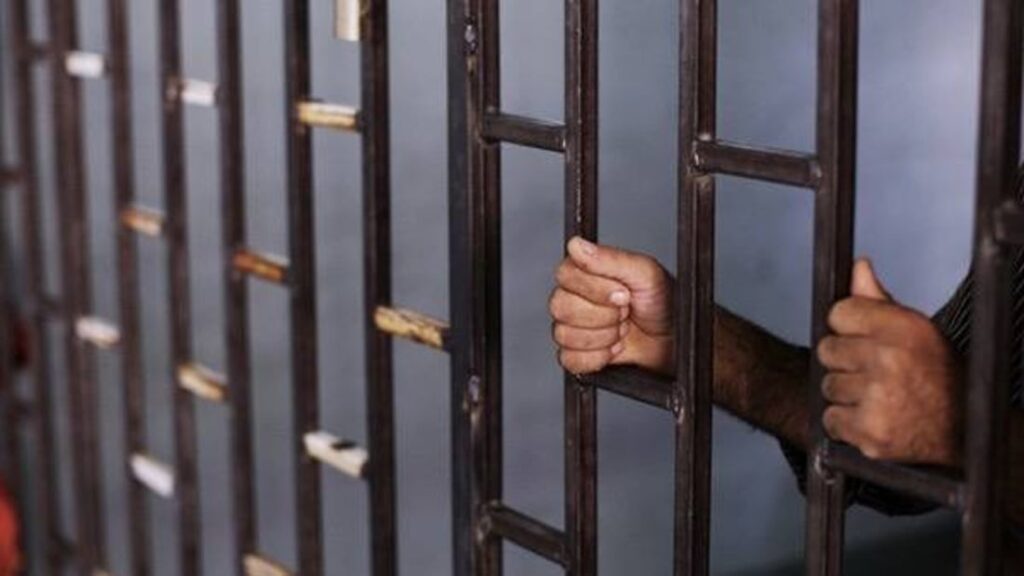Iraqi Militia Attacks Against Kurdish Peshmerga Benefit The Islamic State

If Iran-backed Iraqi Shiite militias continue targeting Iraqi Kurdistan and its Peshmerga forces, remnants of the Islamic State (ISIS) will ultimately be the ones who stand to benefit.
On March 29, at least three Katyusha rockets were fired at Peshmerga forces near the town of Altun Kupri on the provincial border between Erbil in Iraqi Kurdistan and the disputed province of Kirkuk. The attack did not kill or injure anyone.
While it has not yet been confirmed who was responsible, the attack bore all the hallmarks of past rocket attacks by elements within the Iraqi state-sanctioned Popular Mobilization Forces (PMF) paramilitaries.
Kurdish Peshmerga Katyusha rocket being fired at ISIS position during beginning of the Battle of ... [+]
Getty ImagesThese groups have targeted bases hosting U.S. troops across Iraq with rockets since 2019, sometimes sparking retaliatory U.S. airstrikes when they caused casualties. They were also most likely behind the unprecedented rocket attacks against Erbil International Airport, which also hosts U.S. troops, in the capital of Iraqi Kurdistan in September 2020 and February 2021.
The Peshmerga has fought these groups before. If they are now, yet again, being targeted by them, that will certainly bode ill for the success, or even the prospect, of any joint operations by the Peshmerga and the Iraqi military to decisively combat ISIS, which still operates in the disputed regions between Iraqi and Peshmerga positions.
MORE FOR YOU
A series of crises and events brought about the complex geopolitical situation which exists in northern Iraq today.
In June 2014, ISIS conquered Iraq’s second city, Mosul, and the Iraqi Army infamously fled the north of the country. The Peshmerga seized the opportunity created by the ensuing security vacuum and took complete control over Kirkuk. Kurds insist that Kirkuk is rightfully theirs. The multiethnic region is legally a disputed territory between the autonomous Kurdistan Regional Government (KRG) and the central government in Baghdad.
The Peshmerga successfully protected Kirkuk from ISIS for the next three years.
In 2016, the Peshmerga and the Iraqi Army, which had been at severe odds before June 2014 during the tenure of the divisive Iraqi Prime Minister Nouri al-Maliki, engaged in what was at the time hailed as “historic” coordination during the beginning of the Battle of Mosul. The Peshmerga, which then controlled many of the key roads leading into the city that they had wrested from ISIS, facilitated the entry of the Iraqi Army into Mosul, beginning a long and bloody urban battle that lasted until July 2017.
The Kurds, who had previously declared they would hold an independence referendum on two prior occasions, pushed ahead with their vote on September 25, 2017, despite Baghdad’s strong objections.
The Iraqi government immediately sought to reprimand the region. It closed its airspace and demanded that the KRG hand over its two international airports and border crossings with Turkey and Iran, both of which supported Baghdad’s efforts to isolate and pressure the landlocked autonomous region. The KRG stood firm despite that tremendous pressure.
In October, a mere year after their “historic” cooperation against ISIS, Iraqi military and PMF paramilitaries forcibly seized Kirkuk and the other major disputed regions from the Peshmerga. Kirkuk fell in a mere day, October 16, as the Peshmerga withdrew behind the constitutionally-recognized boundaries of their autonomous region.
The PMF, however, didn’t stop there. A few days later, they attacked Peshmerga positions in Altun Kupri, the same area targeted by rockets on March 29. During the ensuing firefight the Peshmerga destroyed an Iraqi Army U.S.-built M1 Abrams main battle tank operated by the paramilitaries. Fighting continued on Iraqi Kurdistan’s frontiers with Iraq until a ceasefire was implemented at the end of October.
Kurdish Peshmerga fighters during clashes with Iraqi forces at the Altun Kupri checkpoint on October ... [+]
AFP via Getty ImagesScores of fighters from both sides were killed during that fortnight of fighting. Baghdad and the KRG had gone from “historic” military cooperation against ISIS to the brink of war.
Relations between the two have substantially thawed since those tense months. However, the mistrust between the Peshmerga and Iraqi forces, particularly the PMF, caused by the October 2017 conflict and the physical withdrawal of the Peshmerga from Kirkuk and its surrounding areas, created a security vacuum that remnants of ISIS have exploited. For over three years now, it has remained abundantly clear that close coordination between the Iraqi military and the Peshmerga is essential for plugging the security gaps between their separate positions and removing ISIS from that region. Several Iraqi Army campaigns have failed to achieve this.
ISIS fighters are sheltering inside caves in the Hamrin Mountains in Kirkuk from where they terrorize and extort villagers at night. In March, a Royal Air Force Eurofighter Typhoon fighter jet attacked an ISIS position there by notably using a Storm Shadow cruise missile, a weapon usually reserved for high-value strategic targets.
While the destruction of its self-styled caliphate, which Iraqi-Kurdish coordination helped facilitate, was a heavy blow to ISIS, it is arguably much more difficult to fight it in its current form as a non-state actor that relies on hit-and-run guerrilla tactics than an armed group fighting to hold onto territory. That observable fact again underscores the importance of renewed Iraqi-Peshmerga coordination for dealing with this present threat.
However, if those aggressive elements operating under the umbrella of this obstensively state-controlled PMF revert to harassing and targeting the Peshmerga, distrust could once again plague Iraqi-Kurdish relations. And if that’s allowed to happen, then any serious, coordinated effort between them to decisively rout ISIS will remain a dim and distant prospect.
Consequently, Baghdad needs to firmly assert its command and control over these groups. Otherwise, ISIS could yet again become the main, if not the only, beneficiary of such counterproductive Iraqi-Kurdish clashes.




